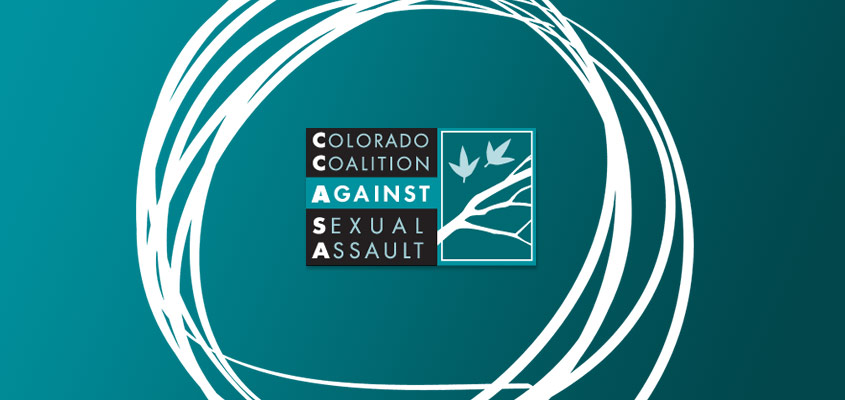By Samantha Wickramasinghe, CCASA Guest Blogger
The government of India has turned its back to survivors of sexual violence by banning a documentary that investigates the culture of rape. Made by the British filmmaker Leslee Udwin, India’s Daughter focuses on the horrific gang rape against Jyoti Singh who was killed from the injuries after being admitted to the hospital. Sing, who is also known as Nirbhaya, was brutally attacked in 2013 at the capital city, Delhi, when she was on her way home with a male friend. The aftermath of this incident led to widespread protests throughout the country, demanding justice for Nirbhaya, safer cites for women and girls and improvements to the criminal laws in instances of sexual violence.
Controversially, India’s Daughter contains a multiplicity of interviews from the perpetrators, the defense lawyers and the family members of the perpetrators. It also includes interviews with Nirbhaya’s parents and many other parties who speak of issues related to sexual violence in India. Those who wanted to implement the ban on India’s Daughter argue that it gives a platform for the rapists to propagate their ideas. Some demand clarifications from the filmmaker as to how she got access to interview the perpetrators. However, what we cannot deny is that this documentary provides us insights in the way that rape culture operates.
1.Those who propagate rape culture blame the victim
Mukesh Sing who is convicted of rape and unnatural sex speaks behalf of all the others who were involved in the crime. He says “A decent girl would not roam around discos at night doing wrong things and wearing wrong clothes.” This argument is apathetic to the victim and it is a justification of rape. In the eyes of rape culture, rape is not a real crime since it involves the “wrong actions” of the victim rather than the injustices that happened to them.
2. The culture of rape devalues girls and women
The devaluation and dehumanization of girls, women, and other genders are essential components of the rape culture. Mukesh sing says, “Girls and boys are not equal. Housework and housekeeping is for girls, a girl is far more responsible for rape than a boy.” Devaluation of women and girls is linked to the practice of sexual violence. In other words a culture that devalues girls and women practices victim blaming.
3. Rape is a crime of controlling and defaming another human being.
Many rape victims do not raise their voices against the perpetrators because rape involves shaming. When a culture collectively condones victim blaming, the victims tend not to confront the perpetrators. Mukesh Sing says that the group wanted “to teach a lesson” to Nirbhaya and her male friend who were “roaming” around the city during the night time. The defense lawyers of the rapists accommodate this view by saying that women should be looked under the veil of their sex.
4. Rape culture is strongly upheld by both men and women
Perhaps the most shocking interview we see in India’s Daughter does not come from perpetrators or their defense lawyers; it comes from the young wife of one of the perpetrators. She perpetuates the view that women should be kept under the protection of men– if not, she asks what will happen to women and children. From her views, we understand that the culture of patriarchy is strongly upheld by men and women and sometimes women are the ones who enforce it.
5. Sexual violence is not just a consequence of an individual attitude
India’s Daughter shows us that the perpetrators can come from less privileged social classes or economic backgrounds. It depicts the difficult lives that perpetrators had due to excruciating poverty and illiteracy. However, poverty and illiteracy are not the sole causes of sexual violence according to the perpetrators. Mukesh Sing claims that people who are wealthy and powerful also rape and commit bigger crimes, but they can more easily get away with it. This may be true. However, we need to understand that sexual violence is not the work of an individual. It is a cultural problem. It is a problem that globally affects human beings. In the United States, a 2007 campus sexual assault study found that 1,073 women, or 19 percent, said they experienced an attempted or completed sexual assault since entering college.
How should we tackle these issues? Join me in a discussion on twitter @SamanthaWic. Send your views and thoughts to my email address sam89wise@gmail.com and I will discuss these in a future CASA blog post.
Sources:
https://www.youtube.com/watch?v=YROBVxk17cM
http://www.newyorker.com/news/news-desk/sons-and-daughters
Image Credit: https://qzprod.files.wordpress.com/2015/03/ap981110621222.jpg?w=1600, (AP Photo/Tsering Topgyal)

